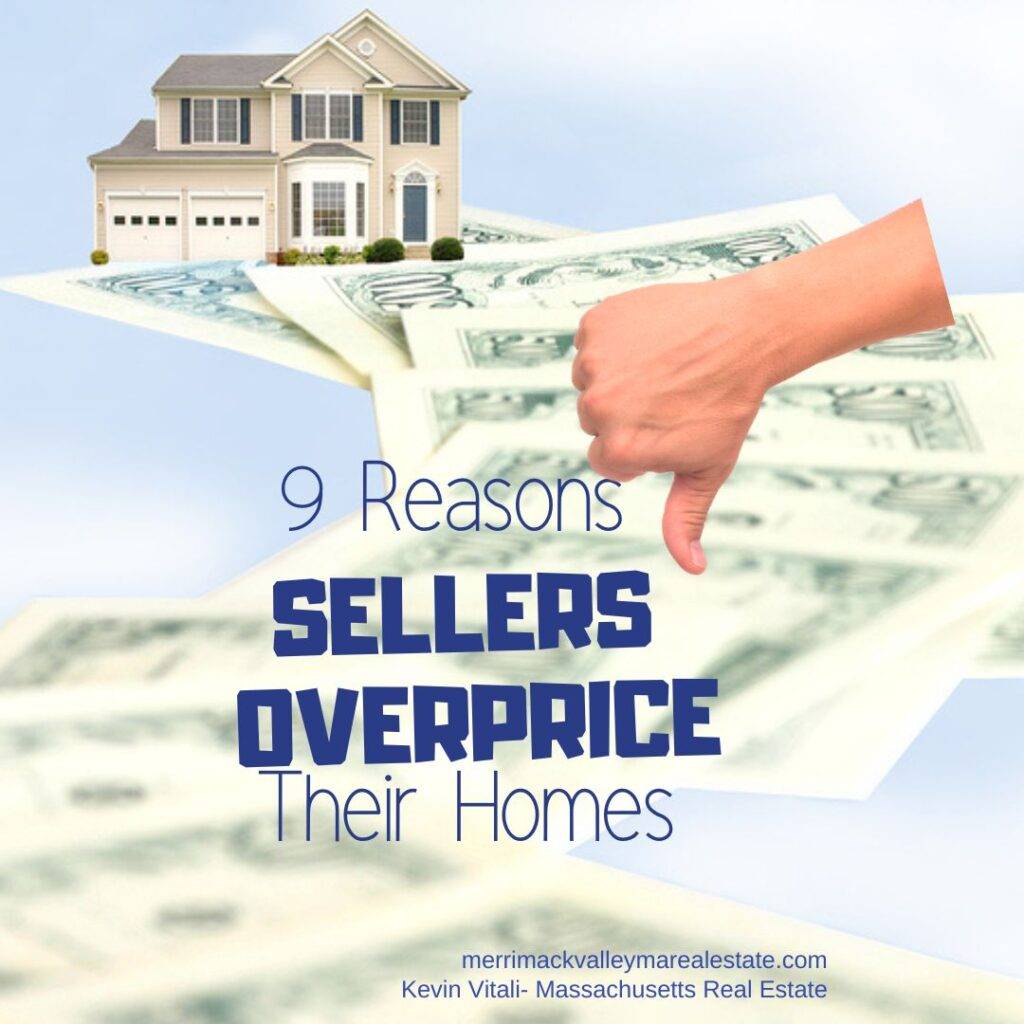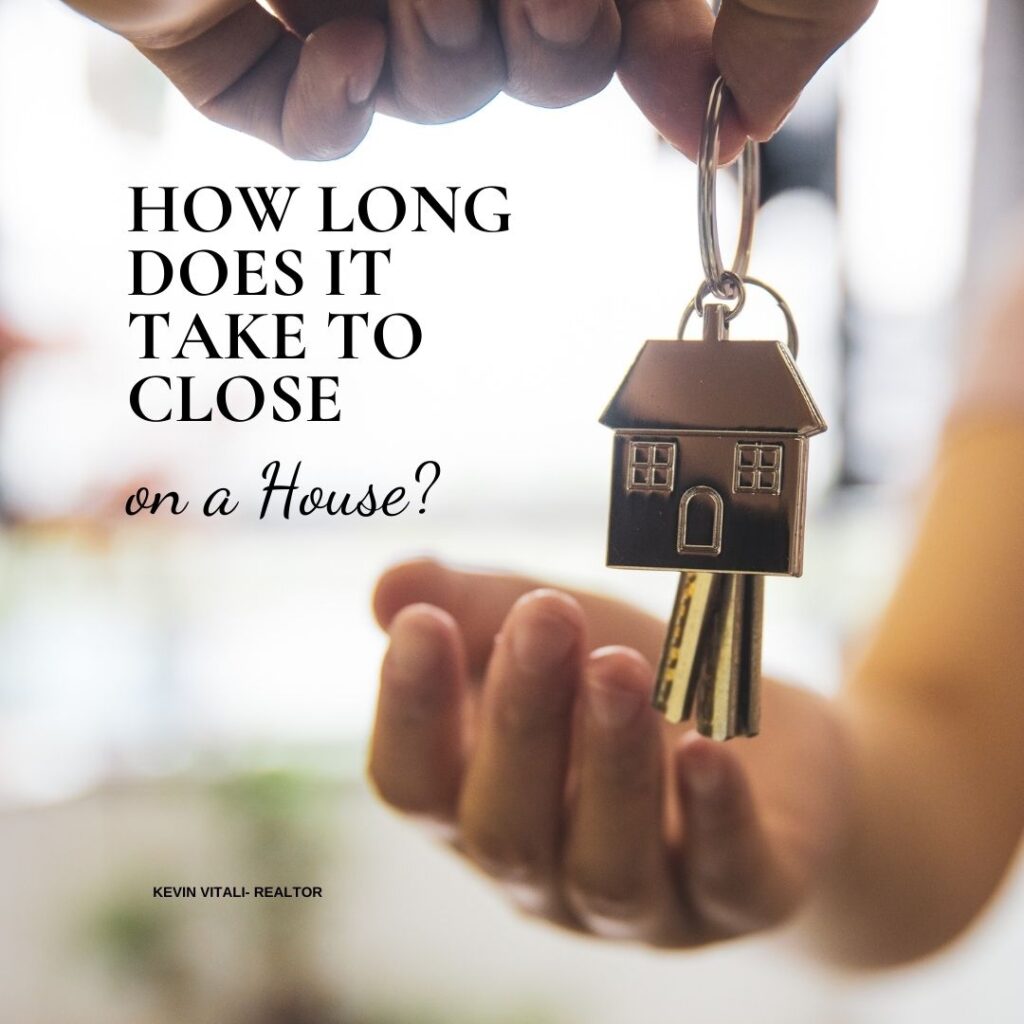At the center of every real estate transaction underlies fair market value.
Of course, a buyer wants a great deal on a home, and of course, every seller wants the most money they can get for their home.
But, at the end of the day, most homes sold through a real estate agent in the Multiple Listing Service will sell for fair market value.

Definition of Fair Market Value Of A Home
Lets define fair market value of a home.
the most probable selling price for a specific property where both buyer agrees to buy and the seller agrees to sell. The sale must occur with the property having reasonable exposure to the public, with both parties acting in their own self interest and conditions being conducive to a fair sale. Both buyer and seller are acting fully informed and with neither party under duress to buy or sell.
So some critical points to think about.
One, is having reasonable access. A home needs some exposure to the market to achieve fair market value. The multiple listing service for your area is critical to that exposure. It is also where may for sale by owners fail.
Second is neither party is desperate. Short sales, foreclosures and other desperate circumstances do not fall into the realm of not being under duress.
As a final note, you need two parties to be reasonable and agree for fair market value to be achieved.
No matter what a seller may think if they don’t have a buyer willing to pay their price, they have not priced at fair market value. Or a buyer who keeps missing offers because they are inexperienced in fair market value, will place offer after offer with out success.
A balance needs to be achieved.
The Importance of Understanding Fair Market Value In Real Estate
Given well over 80% of the homes sold in the United States are sold through a local real estate agent, it is important for buyers and sellers to have an understanding of fair market value and how it relates to a home.
Understanding fair market value in real estate will help you be more successful in your upcoming purchase or sale of a home.
Odds are if you are looking to buy a home on the open market you are going to pay fair market value and if you are looking to sell a home in the open market you are going to sell for fair market value.
Fair Market Value for Home Buyers
A home can be listed at any price by a seller. It can be overpriced, it can be priced right at fair market value or it can even be under priced as we are seeing in this hot seller’s market.
You as a home buyer have invested the time to get pre-approved for a home mortgage, viewed multiple homes with your buyer’s agent and now have found a home you like!! Now its time to put in an offer on the home you like.
Of course most home buyers are willing to pay what is fair for the house, but they certainly don’t want to overpay.
This is where understanding the fair market value of a home is important. Having a proper understanding of what a home is worth, will dictate what you most likely pay to be able to successfully complete its purchase.
Fair market value is calculated by a comparative market analysis prepared by an agent representing you as a buyer’s agent. It compares similar homes that have sold that are close to the property you are interested in.
Market value is not typically one number it is a range because no two houses are exactly alike. For example a home in the $400,000 price range, might have a fair market value of $380k to $400k.
Why Does Fair Market Value of a Home Matter?
Most likely to secure the house of your dreams you are going to have to pay fair market value. A home seller represented by an experienced listing agent will probably not sell a $380k to $400k home for $360,000. Remember fair market value is what a group of buyer’s would be willing to pay. So another buyer will probably step up and pay if you don’t. A home worth $390k that is on the market for $360k will have buyers crawling all over it. Other buyers generally know the value of a piece of real estate.
Understanding fair market value will help you structure an offer and a negotiating strategy that will help you get the home you want. On top of fair market value you have to take into account other factors like the strength of the real estate market…. buyer’s market, seller’s market, neutral market…. Your buyer’s agent can educate you on all of this.
In a hot sellers market you do not have time to negotiate a low ball offer. Most likely multiple offers will be tendered and you will be competing with other buyers.
Tip: The buying public is not stupid a home that is priced slightly below fair market value will gain a lot of attention from home buyers and generate multiple offer over asking, even in a soft market. All it takes is just a few percentage points below market to generate massive interest from home buyers.
True Buyer Story of a Buyer Misunderstanding Market Value
This past year I had a home that was built in 2003 but needed about $65k worth of work to bring into good shape. Fixed value was around $285,000 and I had the home marketed at $220,000. The seller received a ton of offers between $190k and $200.
But there was one buyer, who went to view the house 5 times spending hours each time and bringing contractors. Their first offer was $85,000 and then they immediately reduced it to $65,000. Land value with the house being torn down alone on this house was $85k to $90k and this house was nowhere near a teardown.
Point is, this buyer wasted about 20 hours on this one home only to submit a laughable offer. I always tell my home sellers every offer is an opportunity to negotiate an acceptable offer. But in this case we flat out rejected it.
We did go on to sell the house for close to asking and the new owner now has a beautiful home after doing about $55,00 in renovations.
I am not sure how the lowballer felt after losing the house and wasting a ton of time.
On a couple of occasions, I was there and they loved the house and its potential and the superior neighborhood it was in.
Failure to understand fair market value cost them a home they loved and wasted a ton of their valuable time.
Fair Market Value for Home Sellers
 When it comes time to sell a home, home sellers should expect their home to sell for fair market value.
When it comes time to sell a home, home sellers should expect their home to sell for fair market value.
Selling your home for more than fair market value is almost impossible. And even if you do find a buyer willing to overpay for your home, most likely a bank appraisal will be ordered. In many cases a buyer will not, or cannot purchase a property for more than the appraised value.
As a home seller, your success lies in getting your home priced right, which is in the range of fair market value.
When your home is priced at fair market value it receives a high amount of interest from qualified buyers while hopefully selling your home in a reasonable amount of time at asking or very close to asking.
As the price of your home pulls away from market value and is priced higher and higher far less interest is garnered by qualified home buyers.
When the price starts to extend past fair market value and the home is overpriced it will linger on the market, exceeding the average days on market for similar homes. You will also notice your home will get very few or no showings.
Once a home has stagnated on the market you will probably have multiple price changes to get the home at or slightly below fair market value to regain interest of the pool of qualified buyers.
Listing your home at fair market value from the start has many advantages. It can even be the difference between your home selling or not selling.
True Seller Story of A Seller Misunderstanding Fair Market Value
Last year I had a home seller who wanted to retain my services, Unfortunately they severely overpriced their home well past fair market value.
They listed their home at 350k when I told them and showed them that fair market value was $290-315k with a marketing price of $320k because of a rapidly appreciating market.
The first weekend of open houses approached. The sellers were excited thinking they would be flooded with offers, Which I warned them that I think attendance would be low and I wasn’t expecting offers due to the overly high asking price. Well 6 couples came, over two days of open houses, with weeks of no showings. Then a small price change and more of the same.
They finally came to me and asked me where they needed to price the house. I suggested a significant price change to 320k. We immediately received offers at 290k and negotiated, both offers and the negotiations stalled at 305k. Third offer comes in and starts and $290k and we negotiate to $305k and negotiating stalls.
At this point it has become clear to my sellers. They commented how they noticed each buyer started at $290k and ended at $305k. They followed up by saying that this seems to be what buyers are willing to pay for their house….. again fair market value is what a group of qualified buyers will be willing to pay on the open market!!
No matter what you think your house is worth you need a buyer to step up and pay your price. Without a willing buyer your home remains unsold.
Unfortunately if they had priced it right from the beginning they would have sold for 5-10k more. But they let the home linger to long on the market. It also cost them on buying a new home as interest rates and prices rose through the 7 month process of selling their home.
Determining Fair Market Value in Real Estate
There are really only two ways of determining fair market value in real estate. The first and the more common way for home buyers and sellers is a Comparative Market Analysis prepared by a real estate agent and an Appraisal which is prepared by an appraiser.
The process to determine fair market value by both is roughly the same.
To determine fair market value recent past history of sales is used in combination of determining where the market is headed. A minimum of three comparable home are used to give you a range of fair market value.
What makes a comparable home? Homes that are used as comparable homes must be of similar size, style, age and function to the subject property. The comparable homes must also be in close proximity to the subject property as well as being on the market no longer than 6 months ago. This will give you the range of fair market value.
Then the preparer will make slight adjustments based on a homes amenities and average the properties for a probable selling price.
Remember no two homes are the same and it leaves some subjectivity to the person calculating the probable selling price. Even if you have two relatively identical homes in the same neighborhood some adjustment would be made based on location in the neighborhood….. one may be at the entrance by a busy street, while the other is at the end of a cul-de sac. Or one may back up to conservation land while another backs up to a condominium complex.
In both cases adjustment may need to be made.
How Not To Determine A Homes Fair Market Value
Unfortunately buyers and sellers will look elsewhere to determine fair market value which often leads to undervaluing or overvaluing a home. Of course a home buyer wants to believe a home is worth less than its fair value and a home seller wants to believe it is worth more!
- Tax assessment- Tax assessment has nothing to do with what a home is worth in the open market. Tax assessment main purpose is to fulfill a towns budget.
- Zillow- Zillow or AVM’s are automated value systems. Unfortunately Zillow Zestimates are wildly inaccurate and do not or cannot mirror what an appraiser or a real estate agent does. Often sellers will turn to Zillow and want to believe the over inflated price Zillow can arrive at.
- What you can afford- A house is not worth what you can afford for a home. As much as you want a better house than your finances allow, there usually will be buyers that will step up and pay what a house is worth.
- What the house is worth to you- No matter what you feel a home is worth to you it is still about fair market value. The value you personally place on a home can be far different than what a CMA based on historical data will reveal. There will be buyers willing to pay fair market value, but not more than what a house is truly worth even if you thinks its worth more than the comparables show.
- What you have into a house- Often sellers will want to overprice their home based on over improvements they have done to their home. Remember very few renovations and improvements are worth the amount of money you spend if you go to sell your house shortly after the renovation or improvement.
Summary of Understanding Fair Market Value
Your home buying or selling success is tied into the fair market value of a home. The quicker you get a handle on what a home is worth the easier time you will have in the real estate market.
You need both a willing buyer and a willing seller to agree on a price to be successful. Without you will have failure. That probable sale price can usual be determined with a fair amount of accuracy.
Calculating the probable sale price of a home will help you strategize as a home seller and a home buyer to obtain your goals. Obviously a seller wants to get the most amount of money in a reasonable time and a buyer wants to purchase a home they love.
In the end it boils down to what is the fair market value of the home you want to purchase or sell.
Other Resources:
- Xavier De Buck Tell Tale Signs Your House is Priced to High
- Anita Clark Top Home Selling Secrets To Sell Your Home for More
- Paul Sian Common Home Buyer Failures
Find out what your home is worth– Get the value of your home with my complimentary CMA (Comparative Market analysis)
This post, Understanding Fair Market Value of a Home, was provided by Kevin Vitali of EXIT Group One Real Estate In Tewksbury MA. You can contact Kevin by email at kevin@kevinvitali.com or call 978-360-0422.
I pride myself in the quality of my work while helping buyers and sellers make dreams come true.
Real Estate Services in northeast Massachusetts, around the Merrimack Valley, Southern New Hampshire including the towns of Andover, Billerica, Boxford, Chelmsford, Dracut, Georgetown, Groveland, Haverhill, Lawrence, Lowell, Merrimac, North Andover, Newbury, Newburyport, North Reading, Rowley, Tewksbury, Tyngsboro, Westford, Wilmington, West Newbury




